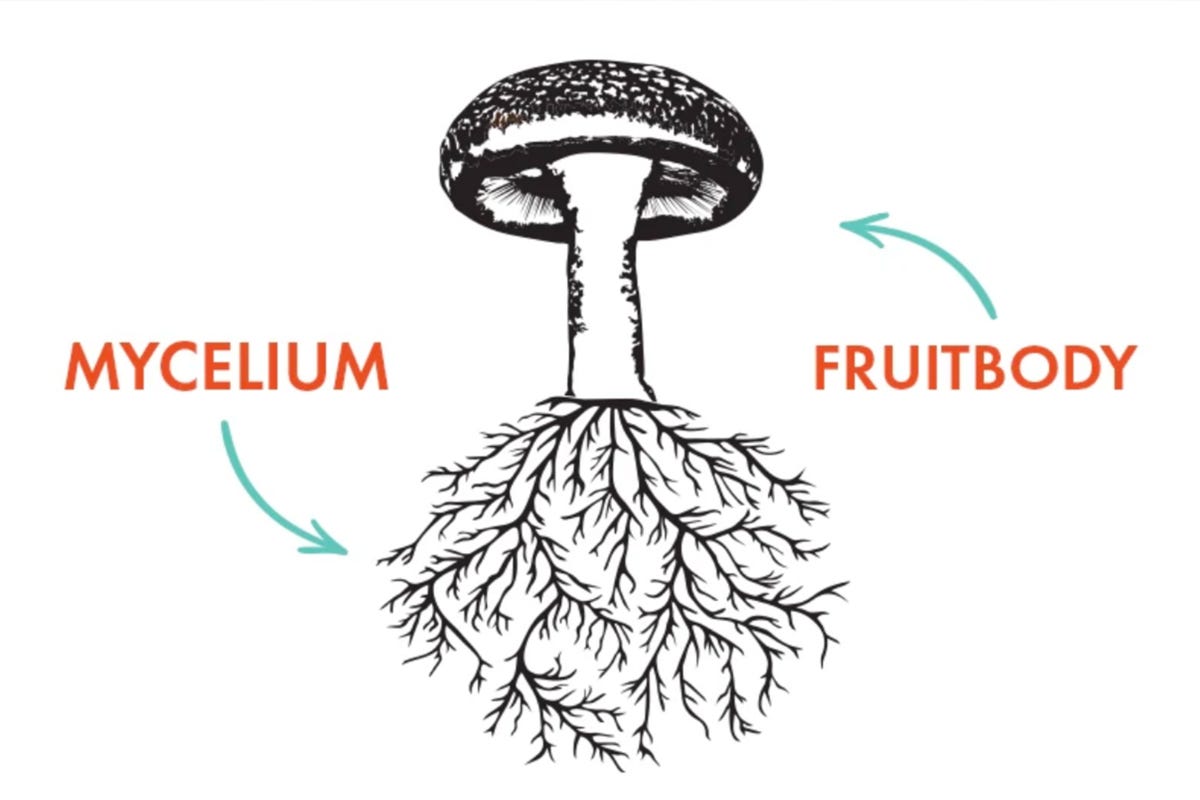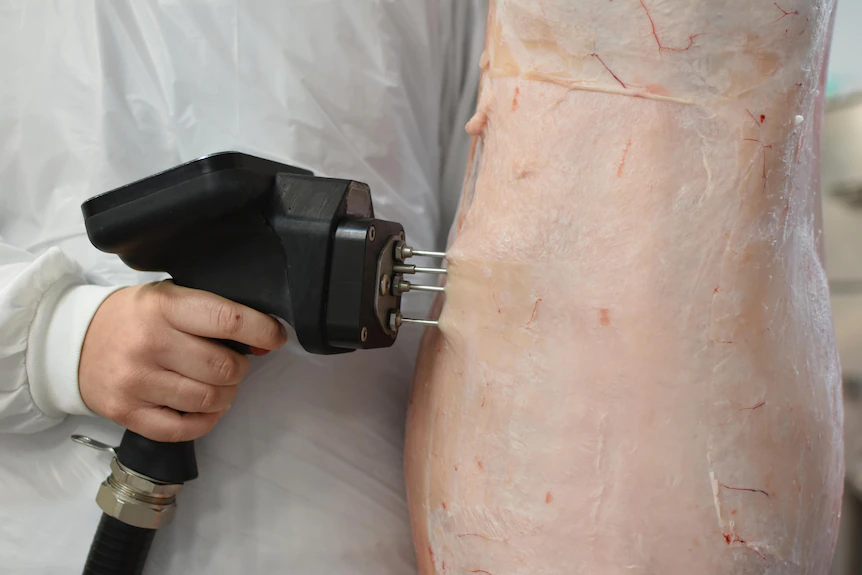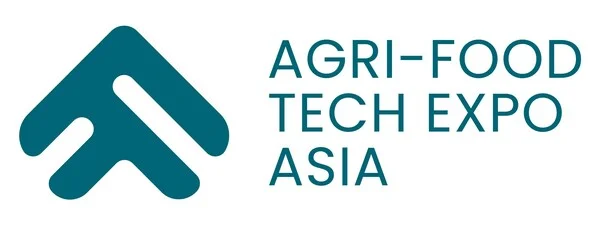From sustainable textiles to packaging, construction materials, and meat substitutes, startups worldwide are harnessing the potential of mycelium.
In the future, meat as we know it will be fundamentally different regarding availability and format.
It’s still to be determined how long cultivated meats will take to become widespread in supermarkets and restaurants, but there’s a serious contender from the plant world with no animal cells in part.
Mycelium is essentially the “roots” of mushrooms. It is the vegetative (non-reproductive) part of fungi, usually in an extensive underground filament-like network. In the part world, fungi use mycelium to secrete enzymes that break down the food around them and absorb nutrients.

But it’s becoming a valuable ingredient not just in the future of food but also in industries such as fashion and construction. And, of course, startups are leading the way forward. Let’s take a look at some of the usecases and the startups behind them:
Sustainable textiles
Many companies are looking for animal-free alternatives to leather.
Founded in 2018, Mylium from The Netherlands is working to turn the thread-like network of mycelium into leather-like textiles. Mycelium grows by extending and branching its tips in search of nutrients. The threads hook strongly together and are pressed to form a uniform sheet.
Mycelium textiles are produced on rolls and are adaptable in terms of thickness, colour, and finishing.

The company is currently focusing on the handbag industry. It’s also working on a project with academics, fellow startups, and others called “TUFUCOL: turn fungi potentials into a colourful future” around the industrial scalability, productivity, and application potential of fungal colourants.
The research focuses on prototype blue and orange fungal colourants for non-food applications.
Sustainable packaging
I don’t need to explain the evils of plastic to you. Mycelium is one of the many popular alternatives at a competitive price point.
UK-based startup Magical Mushroom Company is putting agricultural waste, such as the woody core of hemp and natural by-products from wheat to sawdust, to work by combining it with mycelium – the root structure of a mushroom – to create a material that is biodegradable, durable and comparable in price to traditional packaging derived from fossil fuels like polystyrene.

Mushroom® Packaging is an organically grown material with very similar qualities to polystyrene. It is light, strong, easy to mould and easy to produce. This type of packaging is also very cost-effective and competitive with the plastic-derived product it is fast replacing.
** Click here to read the full-text **








